FLOWER BULBS AND BIODIVERSITY
Contributing to flourishing and sustainable nature
What is biodiversity and why is it important?
Biodiversity refers to the variety of life within an ecosystem, including plants, animals, and microorganisms. This natural richness is crucial for the stability of our climate, food supply, and pollination. Without healthy biodiversity, many of our daily needs, such as fruits and vegetables, would be seriously threatened. Conserving biodiversity means not only protecting species but also strengthening ecosystems so they can withstand climate change.
The role of flower bulbs
Bulbs play a crucial role in supporting biodiversity. In early spring, when other food sources are scarce, early-flowering bulb plants provide nectar and pollen for insects such as bees and butterflies. These insects are essential for the pollination of many crops and wild plants. By planting bulbs in verges, parks, gardens, terraces, and balconies, we create valuable food sources and habitats for these pollinators. Additionally, bulbs contribute to the aesthetics of our environment, benefiting not only nature but also the well-being of the people who enjoy it.
WHAT DOES JUB HOLLAND DO FOR A BALANCED NATURAL ENVIRONMENT?
JUB Holland is actively committed to promoting biodiversity. We combine our expertise in bulb cultivation with sustainable innovations to contribute to a healthier living environment. This includes developing sustainable cultivation methods and creating green spaces that are both ecologically valuable and attractive. Here are some examples of our work:
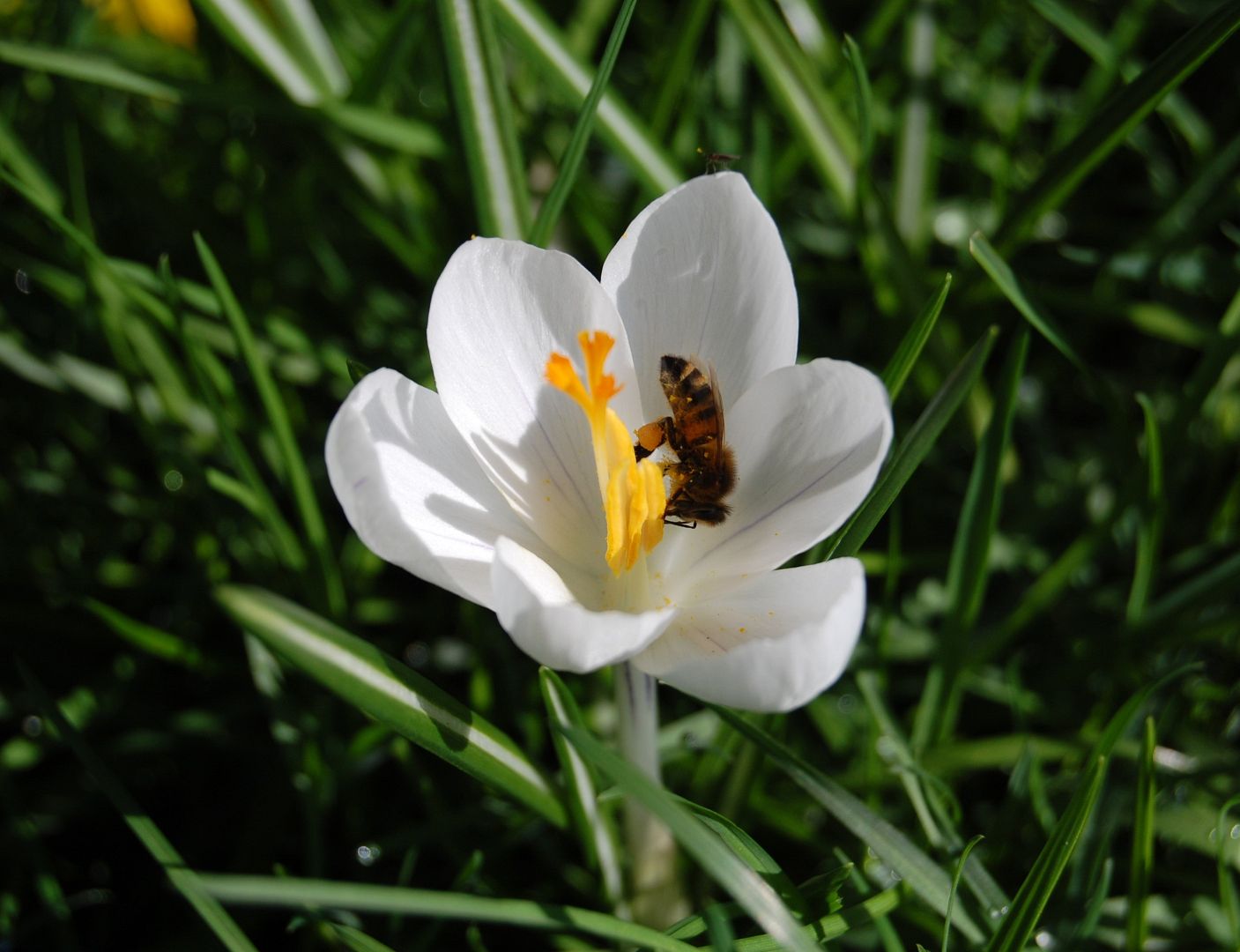
1. BRINGING NATURE TO CITIES AND VILLAGES
Nature in cities and villages plays an important role in preserving biodiversity. Butterflies, bees, and other insects find food in the nectar and pollen produced by flowers. It is fascinating to see how even small green spaces can have a significant impact on the local ecosystem. At the request of municipalities or organizations, we can plant bulb crops in verges, parks, and other public green areas. This helps these insects find sufficient nectar and pollen, which are crucial for their reproduction and survival. In return, these insects pollinate other crops, contributing to food production in the area. Additionally, greenery in urban environments helps with cooling, which is essential for climate adaptation, and promotes the mental and physical health of residents.
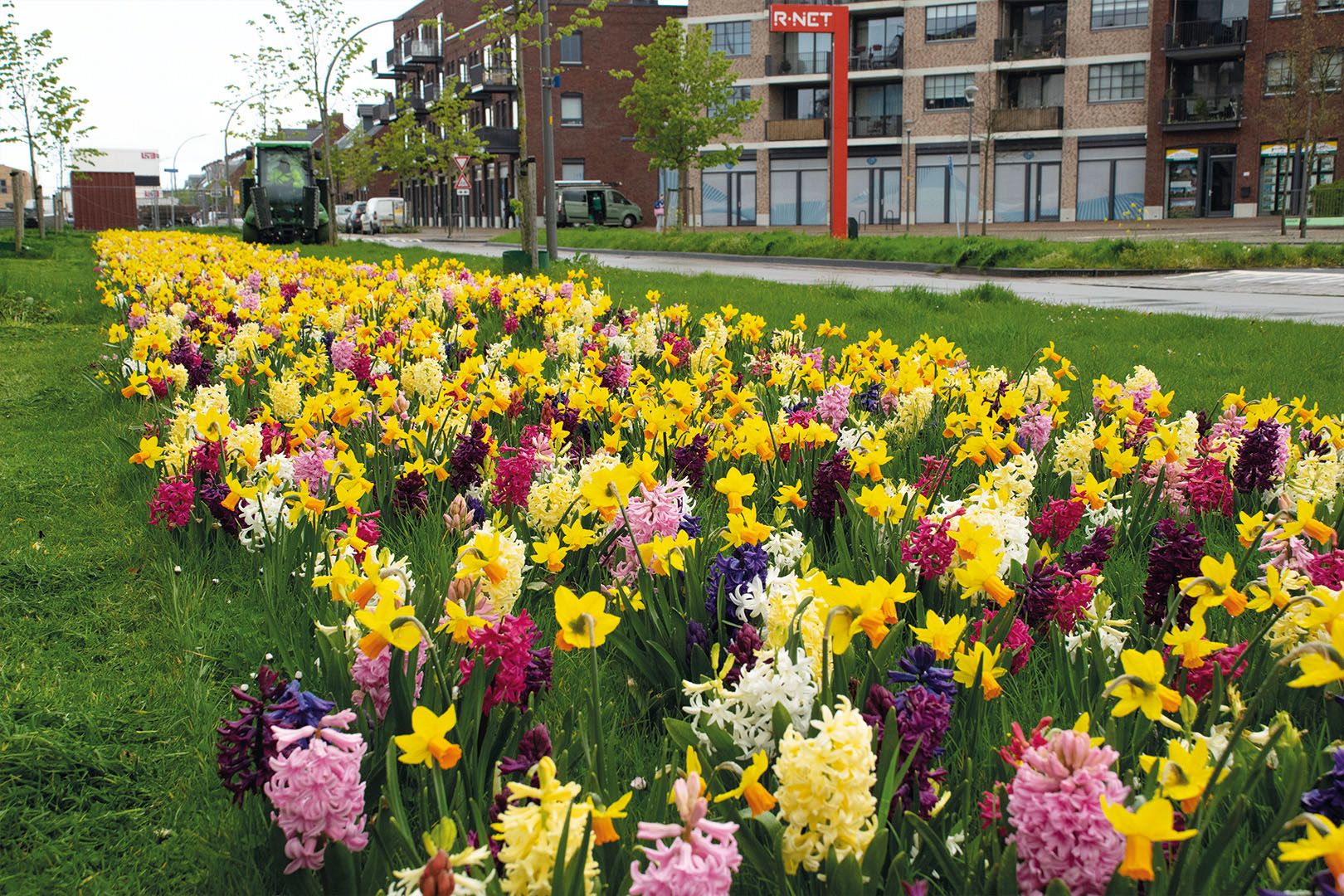
2. Developing Sustainable Bulb Mixtures
We develop special (organic) bulb mixtures that are attractive to bees, butterflies, and other insects. Our bulb mixtures ensure a varied bloom from February to July, providing a consistent food source during these important months. This period is crucial because few other flowers bloom at that time, while bees already need pollen to kickstart their season. By combining different types of bulbs, we create a long-lasting food source for insects. In this way, we contribute to biodiversity and support the natural balance.
MORE ABOUT OUR BULB MIXTURES
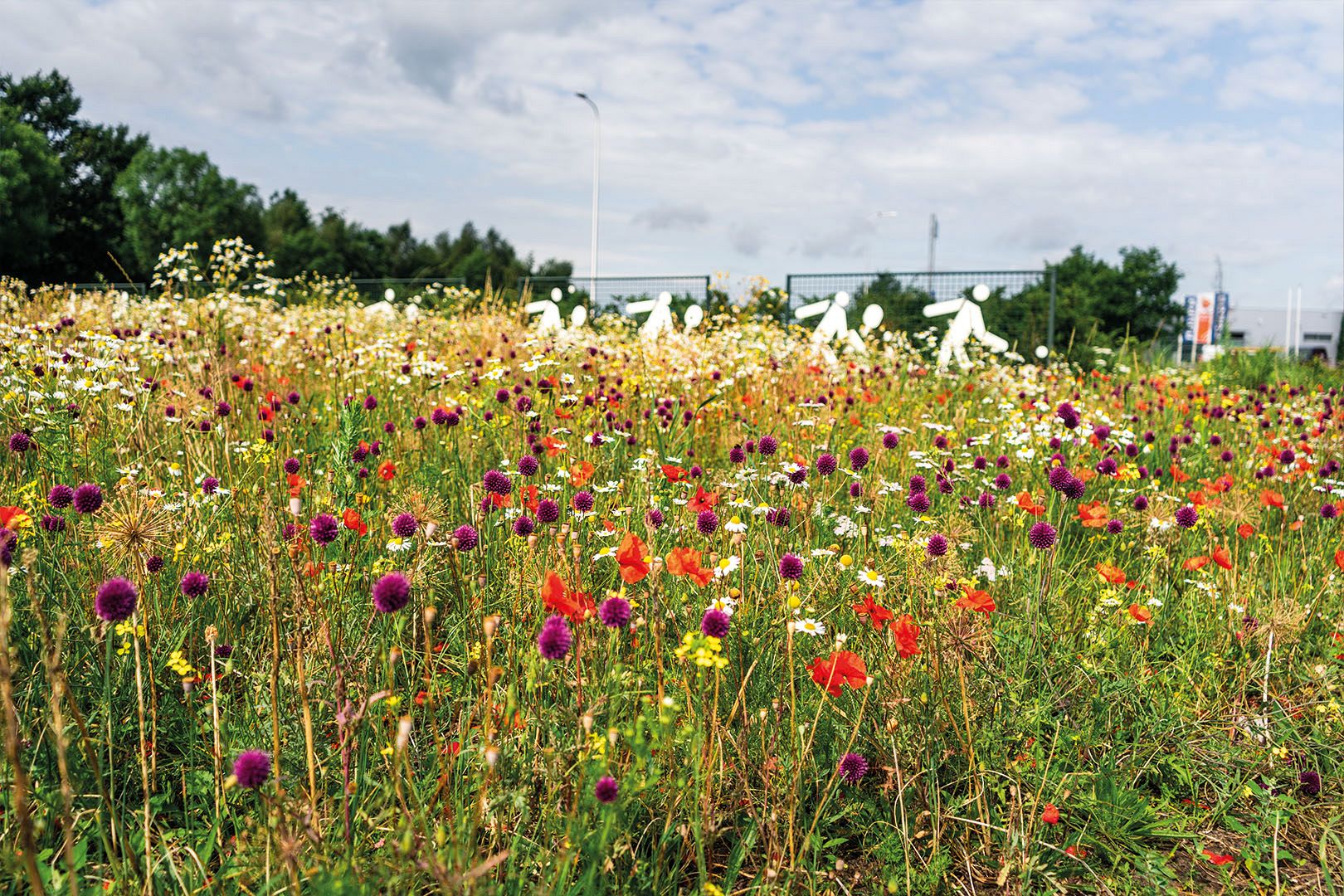
3. The Vibrant Verge
One of our unique concepts is the Vibrant Verge, where bulbs and herb mixtures are combined for a long-lasting and colorful bloom. With this concept, you can enjoy a changing palette of colors for up to eight months, creating a natural and lively appearance. In addition to its aesthetic value, the Vibrant Verge provides food and shelter for insects, benefiting biodiversity. Its low maintenance requirement—only one mowing per year—makes it a sustainable and cost-effective solution. Furthermore, it contributes to a greener and healthier environment for both people and nature.
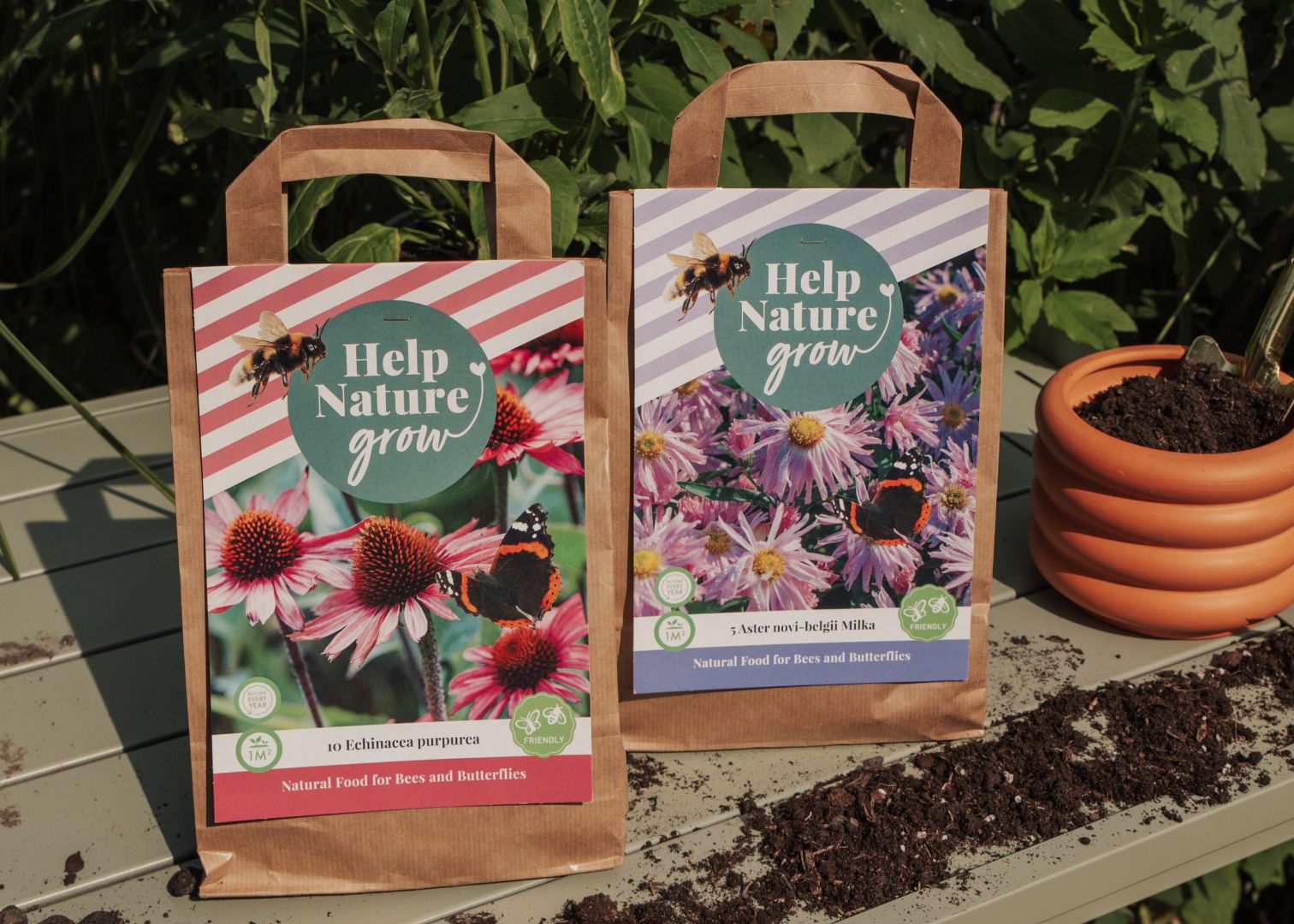
4. gift bags focused on biodiversity
Our unique gift bags for retail, under the Help Nature Grow concept, actively contribute to biodiversity. They contain carefully selected flower bulbs that attract butterflies and bees, strengthening and restoring natural ecosystems. Each gift is thus not only a gift, but also an investment in a healthier and richer nature.
MORE ABOUT BIODIVERSITY GIFT BAGS
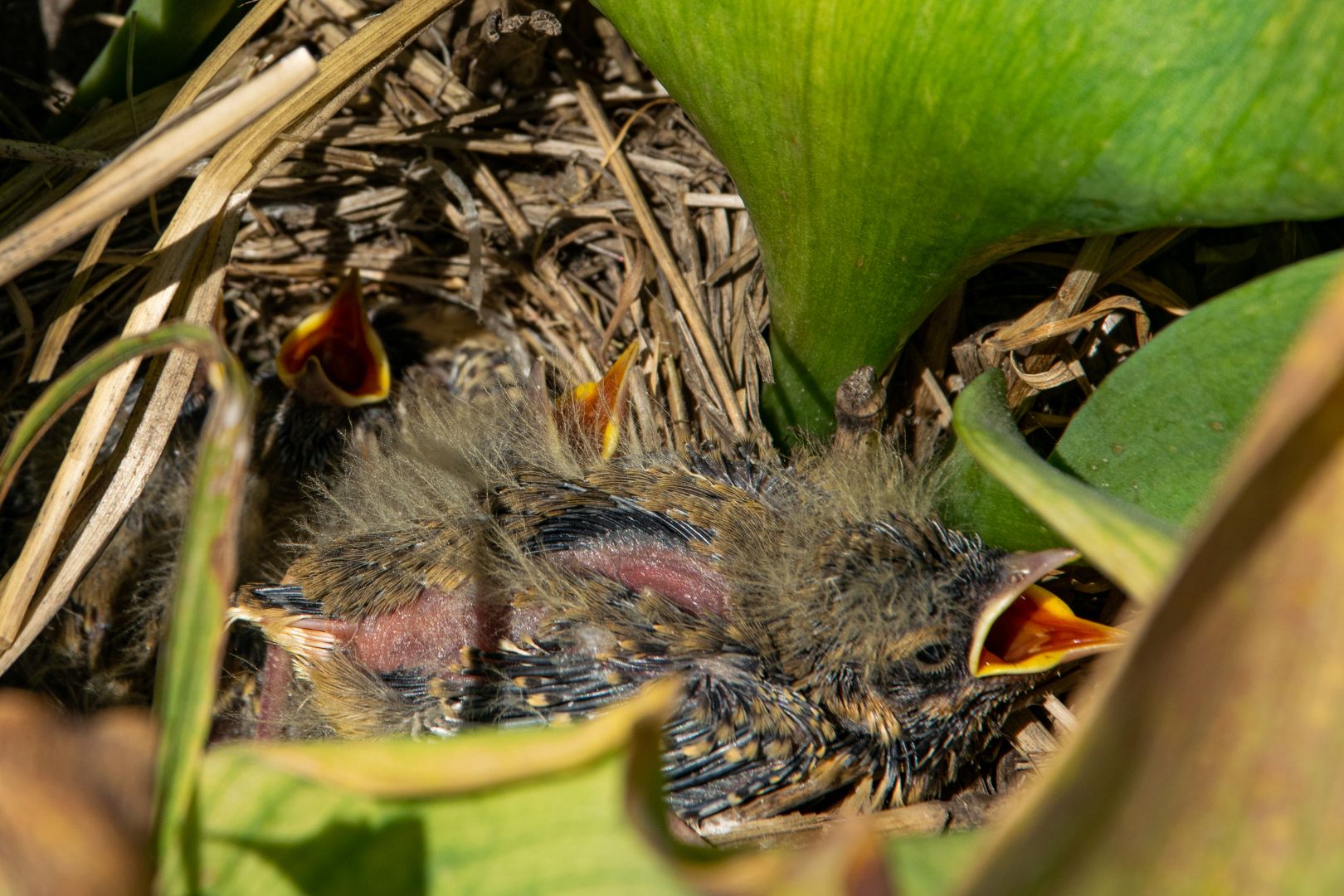
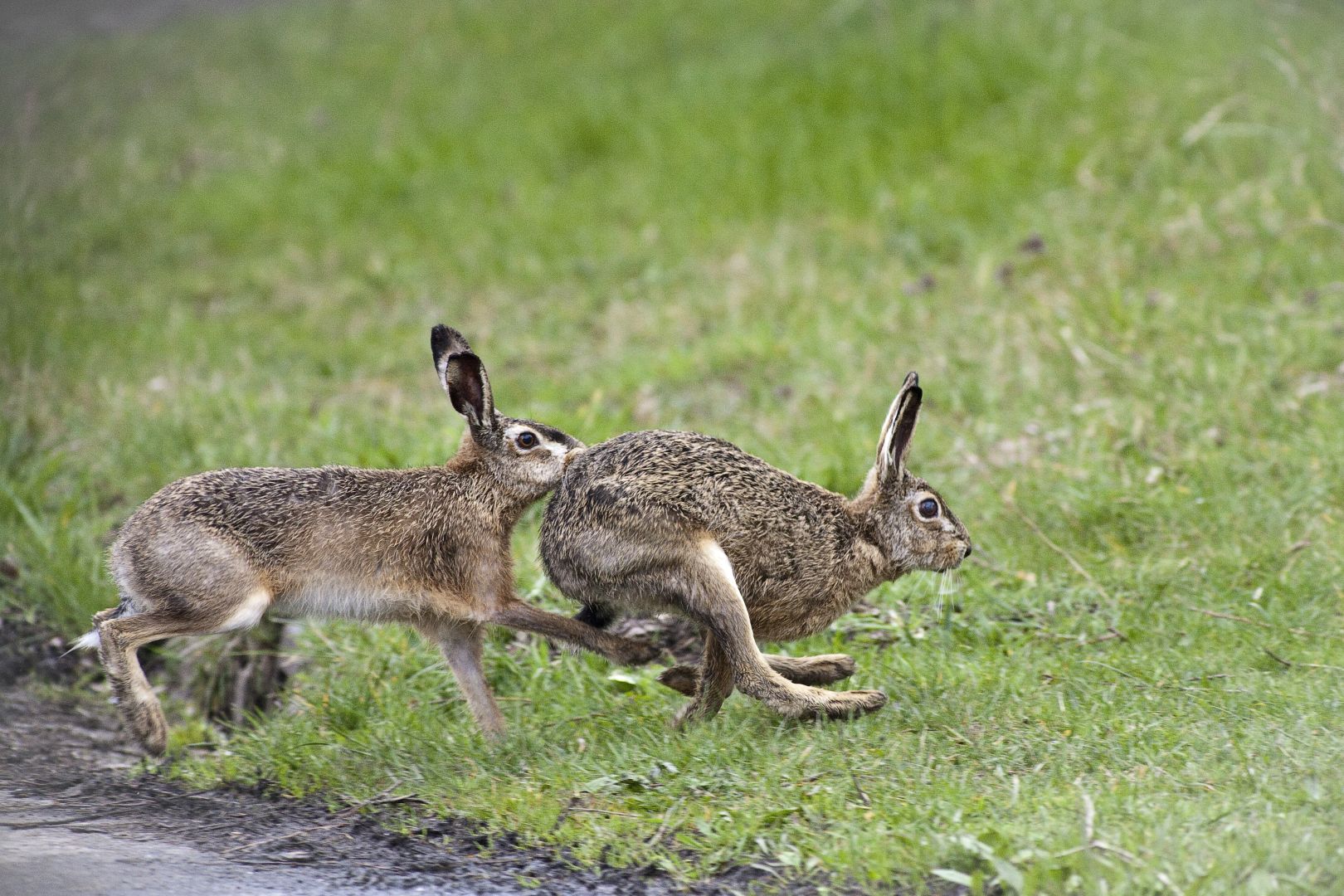
5. Biodiversity on Our Own Grounds
At JUB Holland, sustainability begins with ourselves. On our business premises and land, we have given significant attention to nature and biodiversity. We nurture a nature-friendly bank that stretches 150 meters and have planted beech hedges on and around the site. Additionally, we have created a biotope of 325 m² with native vegetation, which is ideal for insects and partridges, a typical bird species found in our bulb fields. We have also installed duck houses and nesting boxes to provide homes for various birds.
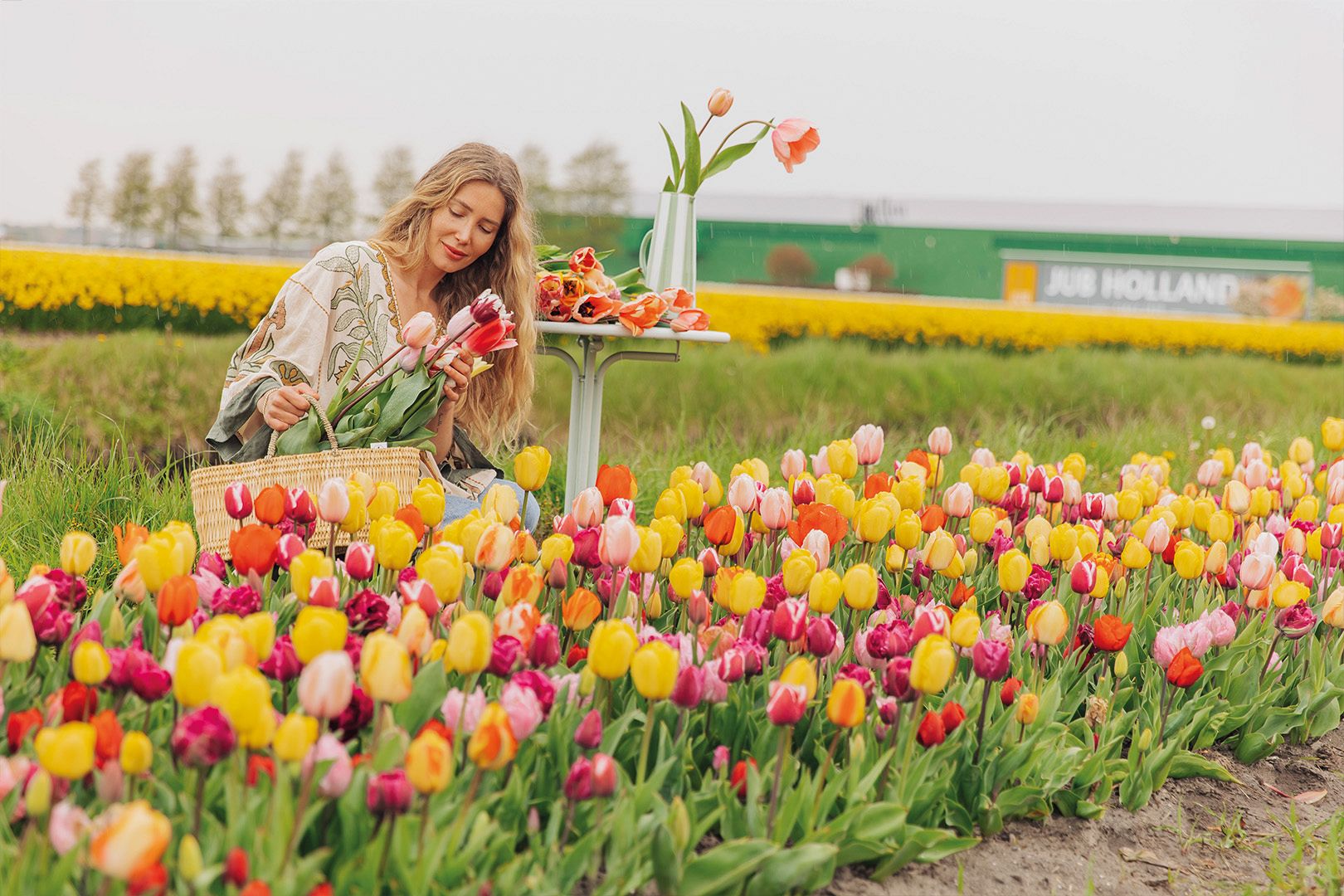
6. Education and Collaboration
In addition to our own efforts, we actively share our knowledge with customers and partners. We advise municipalities, companies, and individuals on using bulbs to enhance biodiversity and create attractive green spaces. We also collaborate with the education sector, which is particularly valuable, as we inform children in primary and secondary schools about bulbs and greening. We aim to raise awareness among children about the importance of biodiversity so they are more likely to make sustainable choices. Additionally, we organize various events to share knowledge and increase engagement within the sector.
How do we do this?
Our approach focuses on a sustainable chain, from cultivation to delivery. By selecting high-quality bulbs and minimizing the use of pesticides, we support natural processes. Additionally, innovative projects, such as climate-resilient planting, contribute to a more robust ecosystem. Through initiatives like environmentally friendly fertilization and the sowing of nectar-rich flowers, we ensure that bulbs are not only aesthetically pleasing but also have a positive impact on the environment.
What can you do for more biodiversity?
Do you want to contribute to biodiversity? You can! A blooming, colorful garden is not only a delight for the eyes but also provides a valuable habitat for bees, butterflies, and other beneficial insects. With our specially formulated bulb mixtures and organic bulbs, you can create a long-lasting bloom and a rich food source in your garden or surrounding area. Do you manage public green spaces? Then the Vibrant Verge is an excellent choice: a smart way to make verges, green areas, and parks ecologically richer and more attractive.
At JUB Holland, we believe that biodiversity is a shared responsibility. Discover how bulbs bring not only color but also life.











